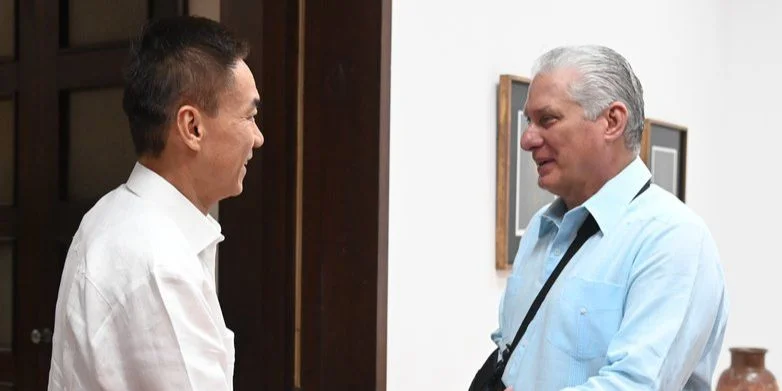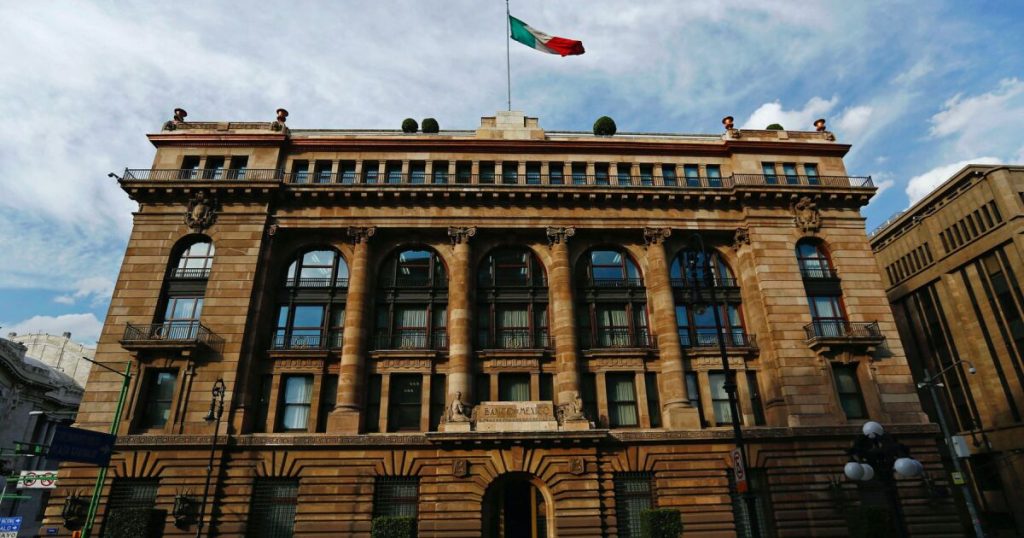HAVANA, Cuba. – In recent days, the ruler Miguel Díaz-Canel Bermúdez received the new Chinese ambassador to Cuba, Hua Xin, at the Palace of the Revolution. The Castro heir was full of praise for the diplomat, calling him “dear ambassador.”
After referring to the state of Cuba’s relations with the Asian country, which he described as “excellent,” to the role that China plays in the concert of nations, and lavishing praise on President Xi Jinping, Mr. Díaz-Canel stressed “the learning transmitted by the work of the Chinese Communist Party with its leadership, with a policy of profound reforms and attention to Chinese particularities.”
If we take into account what China has done in economic matters, and contrast it with the policy followed by the Cuban rulers in that matter, it is very difficult to reach the conclusion that the Castro regime has learned anything from its comrades in Beijing.
Starting in 1978, Chinese leader Deng Xiaoping undertook a strategy that included changes in agriculture, state-owned companies, the financial system and international trade. All in the context of a reduction in the role of the State in the economy. To those who said he was introducing capitalism to China, the veteran politician replied: “It doesn’t matter what color the cat is, the important thing is that it catches mice.”
In 1979, the collective farms that had ruined Chinese agriculture were dismantled and the lands became managed by the families of those who worked them. And very important: a gradual liberalization of prices occurred in the economy.
The results of these reforms were immediate: from then on, and over a period of 30 years, China’s GDP multiplied by 13, and the country became one of the main economic powers in the world.
On the other hand, the leaders of Castroism have done almost the opposite. The timid changes made in the economic framework have not brought the Island the benefits of market relations, since, instead of decreasing, the participation of the State in the economy has increased.
On the other hand, the power that some non-state actors had to set the prices of their products or services has been almost eliminated. The authorities have capped the prices of several items in MSMEsin the self-employed businesses, and they also aspire to do so in the activity of private passenger transportation. All of which constitutes a discouragement for producers and service providers, with the consequent shortage of supplies and an increase in the hardships suffered by the population.
Of course, we would be unfair if we consider that Mr. Díaz-Canel and the rest of the Castro nomenclature have not learned anything from the Chinese rulers. Although, to be honest, in political and ideological matters, more than learning, both governments have shared their experiences.
They have perfectly exchanged the skills to maintain a totalitarian one-party regime, as well as the way to violate civic freedoms in their respective countries. Furthermore, they have fully assimilated the mechanisms to be applied so that the leading party and government figures prolong their stay in the positions they occupy.
In the end, and unfortunately, we must recognize that, from the Asian giant, only the bad has rubbed off on us.















